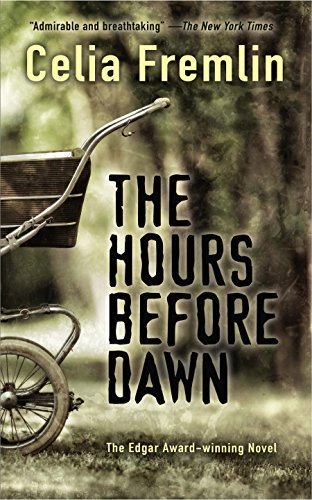What do you think?
Rate this book


193 pages, Kindle Edition
First published January 1, 1959
Wasn't it during the hours before dawn that sick people were most likely to die? Perhaps it was during those same hours, too, that sane people slipped over into madness...?
Louise would give anything - anything - for a good night's sleep. Forget the girls running errant in the garden and bothering the neighbours. Forget her husband who seems oblivious to it all. If the baby would just stop crying, everything would be fine.
Or would it? What if Louise's growing fears about the family's new lodger, who seems to share all of her husband's interests, are real? What could she do, and would anyone even believe her? Maybe, if she could get just get some rest, she'd be able to think straight.

Louise stood still, and with her hand resting lightly on the handle of the pram she gazed up at the night sky, which held no faintest glimmer of dawn. Wasn’t it during the hours before dawn that sick people were most likely to die? Perhaps it was during those same hours, too, that sane people slipped over into madness … ?So. Do we have an unreliable narrator due to sleep deprivation or is there something else going on? To be honest, I spent most of the novel being completely unsure. Vera Barnard has arrived to rent the attic room. I kept half expecting her to turn out to be a Mrs. Piggle Wiggle, ready to help when things fell apart even further. And then I felt that couldn't be where this was going. Back and forth I went between unreliable narrator and sinister woman in the attic.